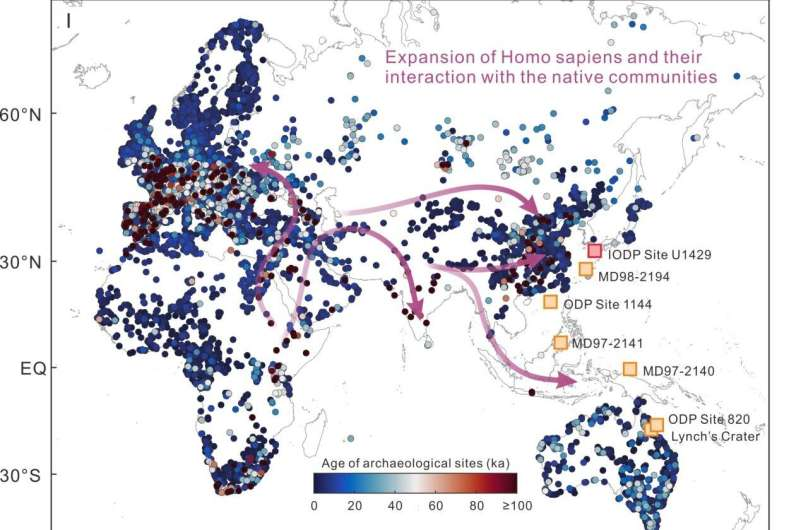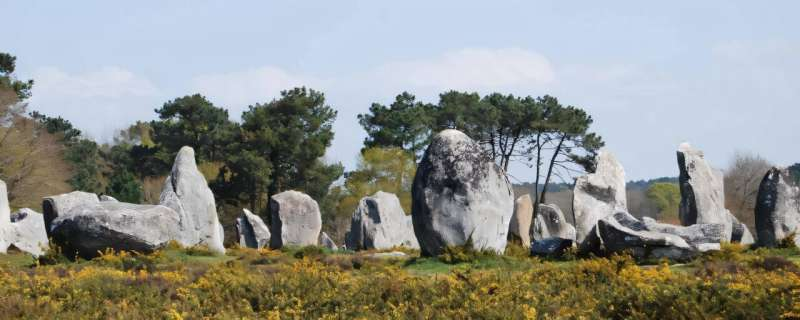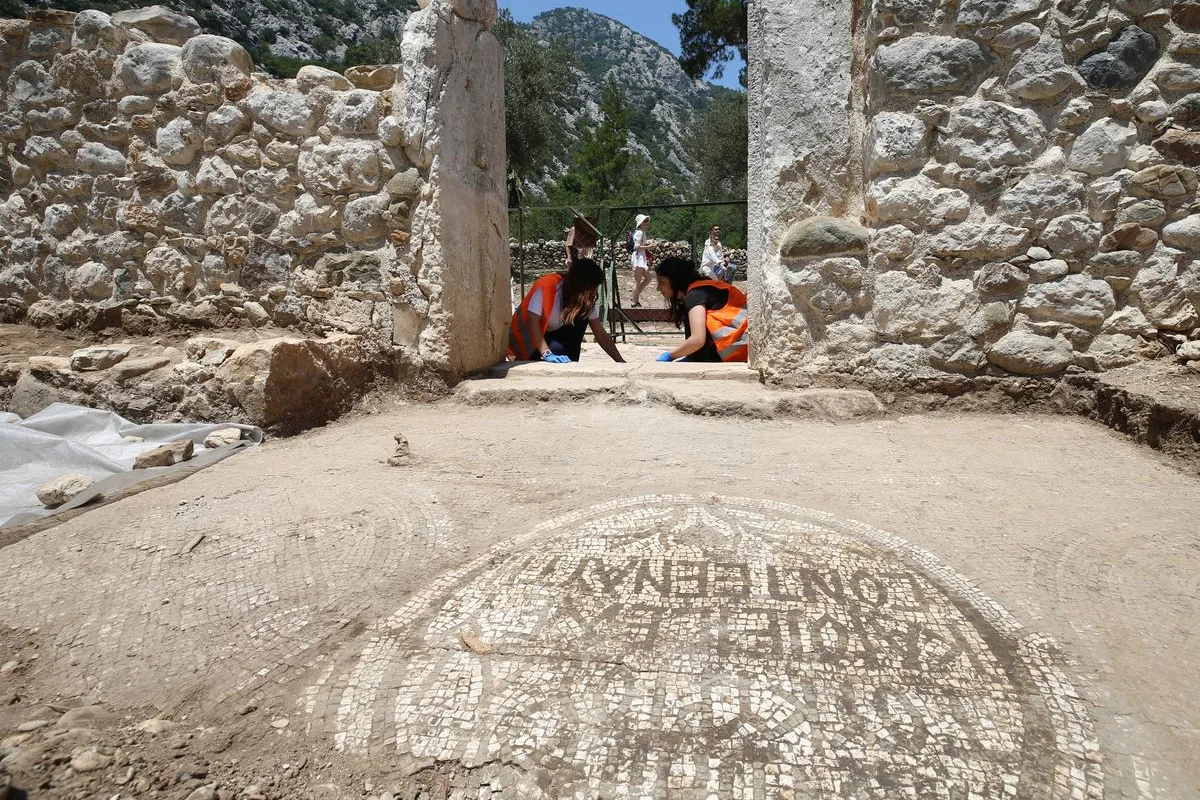In 1974, a conflict broke out between two factions of chimpanzees in Tanzania's Gombay National Park, resulting in the wiping out of one entire community. Jane Goodall, who had been studying these chimpanzees for years, remarked that the conflict revealed that chimpanzees, like humans, can be brutal and have a dark side to their nature. Living in complex hierarchical societies, chimpanzees use violence, cunning, and deceptive behaviors to attain and maintain social dominance. They are also capable of great empathy and have a strong sense of morality, similar to humans. As science delves deeper into our evolutionary past, it raises the question of how similar our brains are to those of our ape cousins. Are we little more than bipedal apes, driven by an intrinsic pull towards power dynamics and social manipulation, brutal warfare, and craving for territory, all echoes of our evolutionary heritage?
Prior to the 19th century, the majority of the Western populace believed that the world was static, with everything having an essence and set of defining characteristics that would never change. It was only with the onset of the Industrial Revolution and a period of unprecedented scientific discovery that a revolution in our knowledge of life on Earth would occur. Alfred Russell Wallace, who independently conceived the notions of species evolution and natural selection, along with Charles Darwin, published their ideas, backed by extensive research and fieldwork, which led to our understanding that we humans are not separate but an intrinsic part of the animal kingdom.







